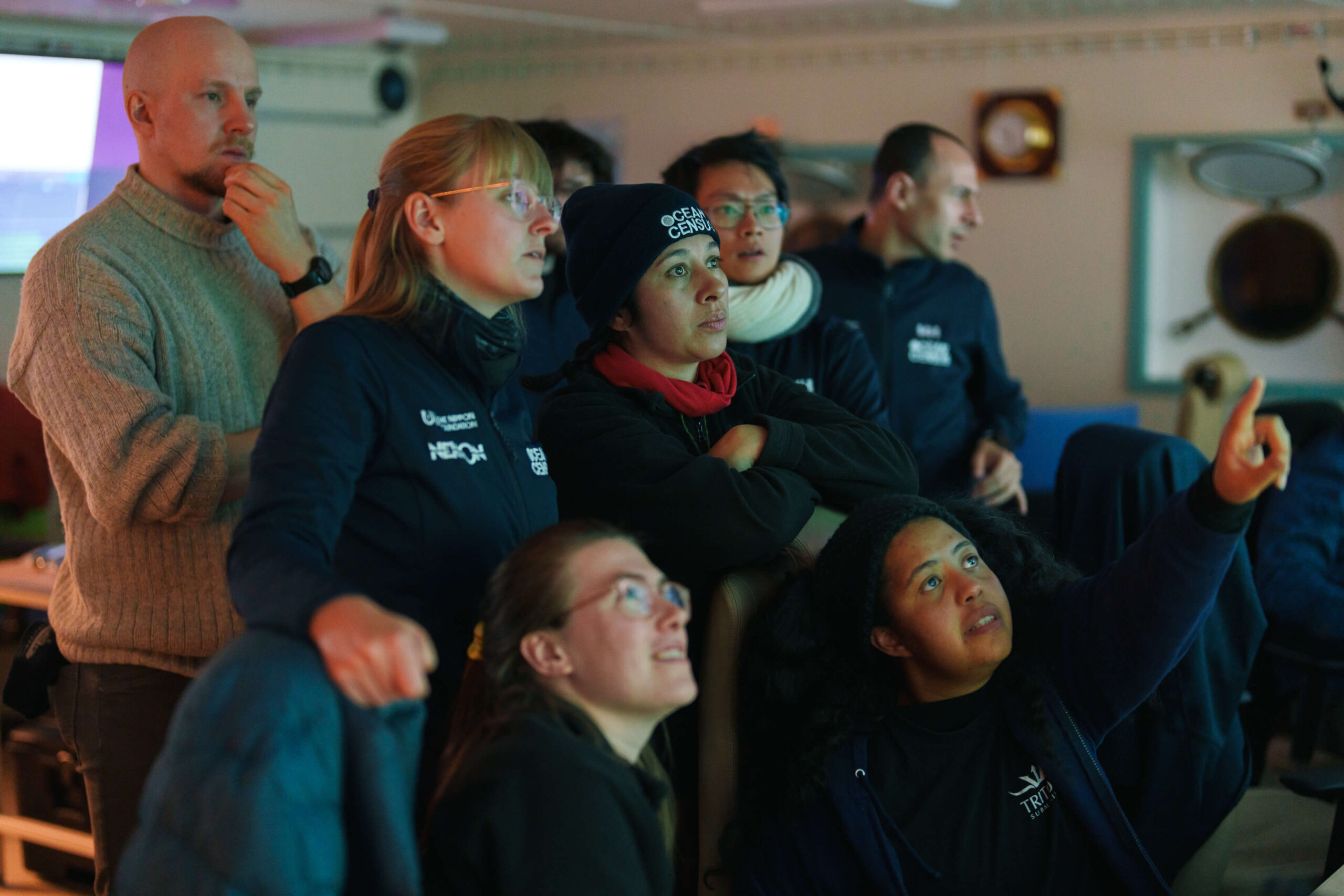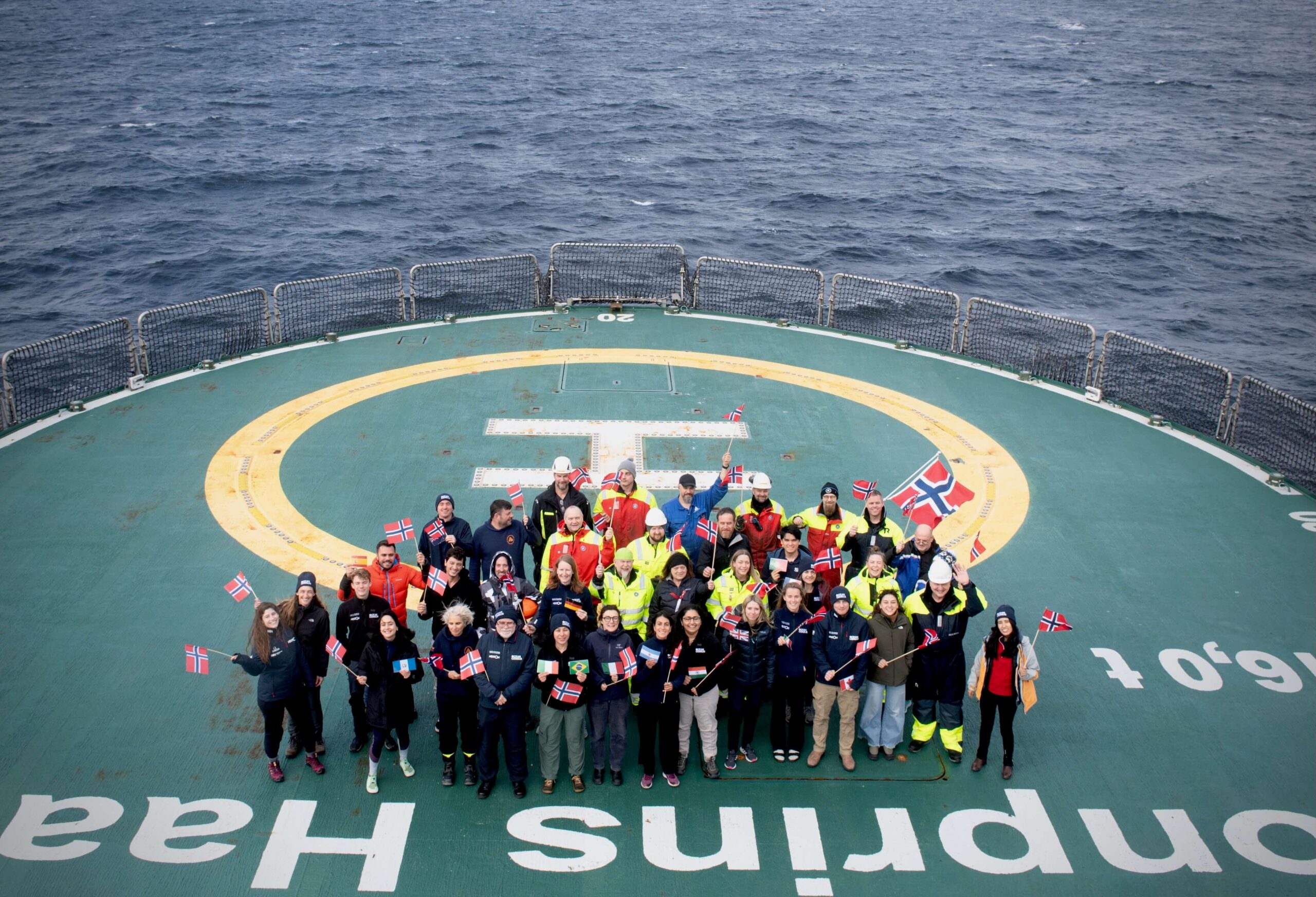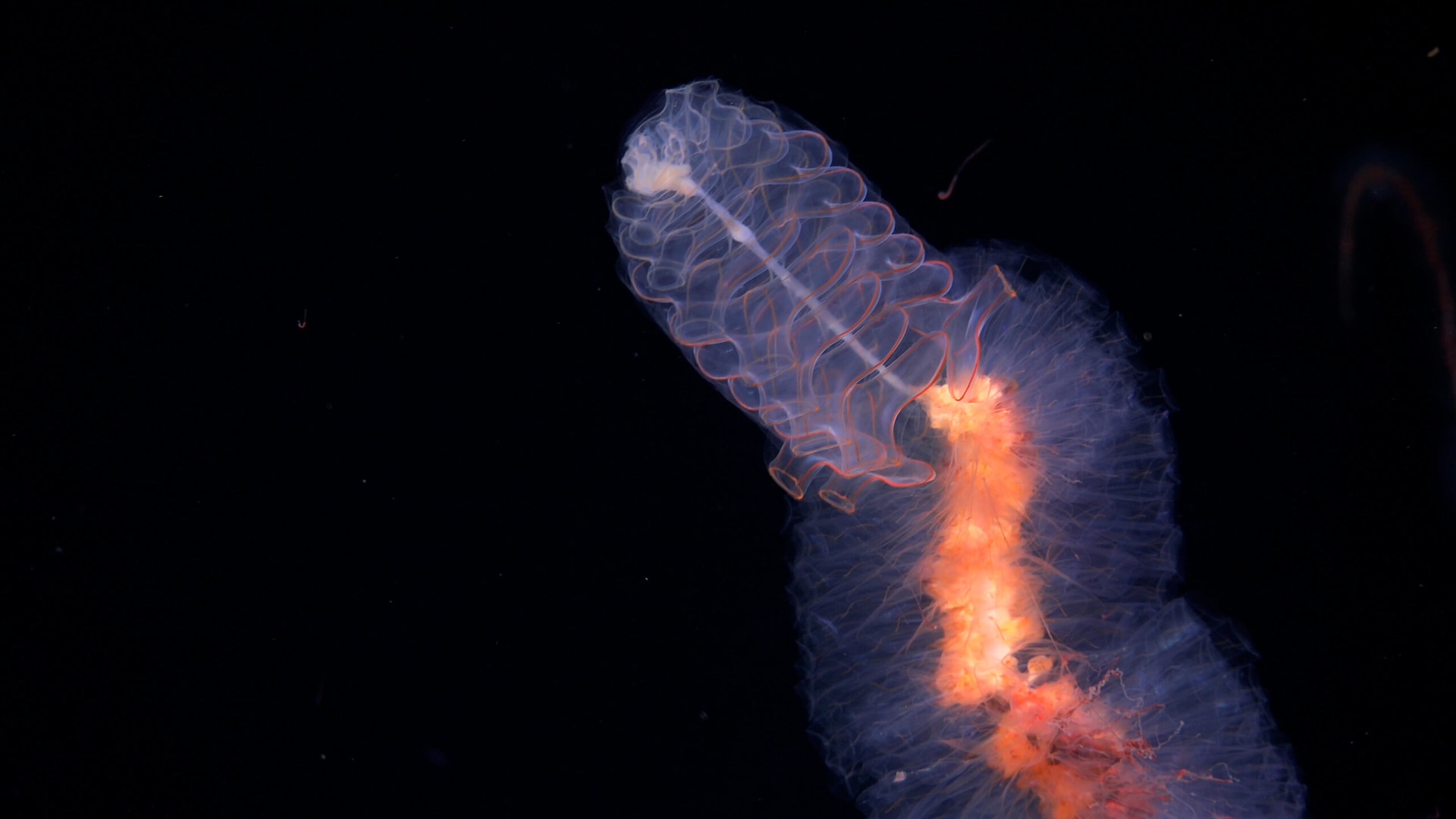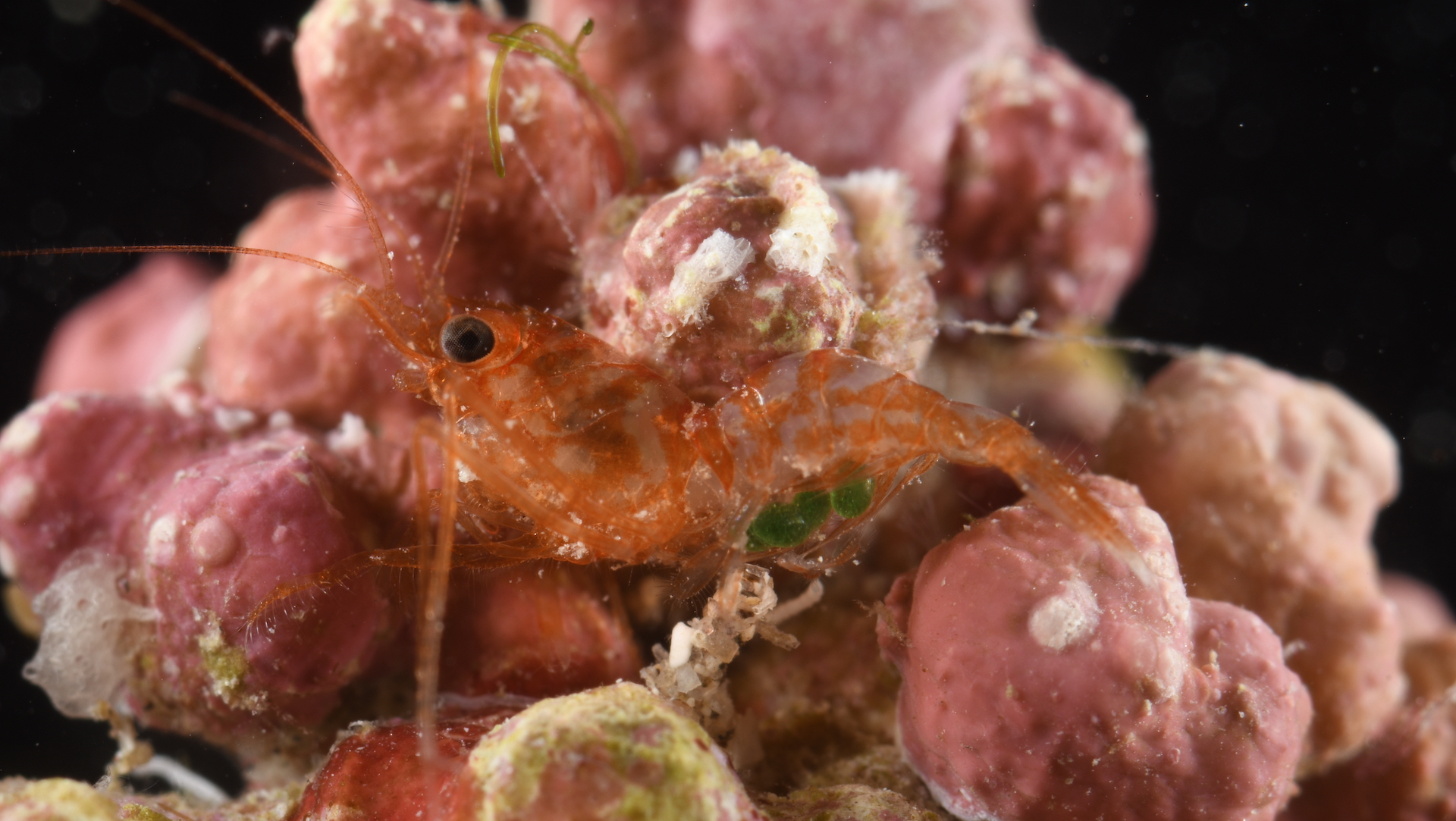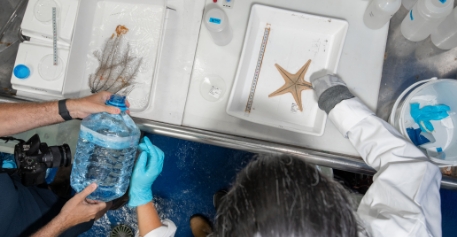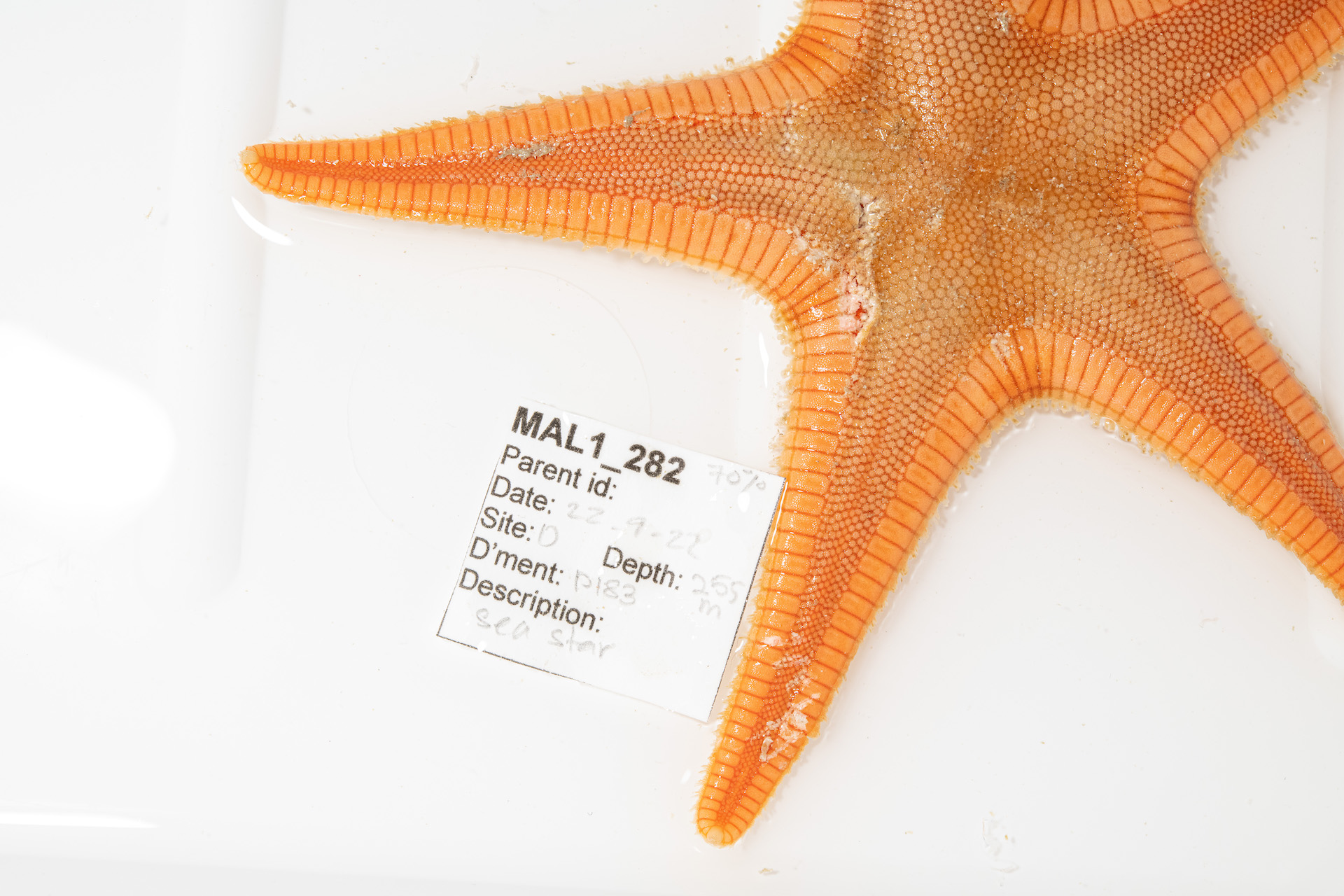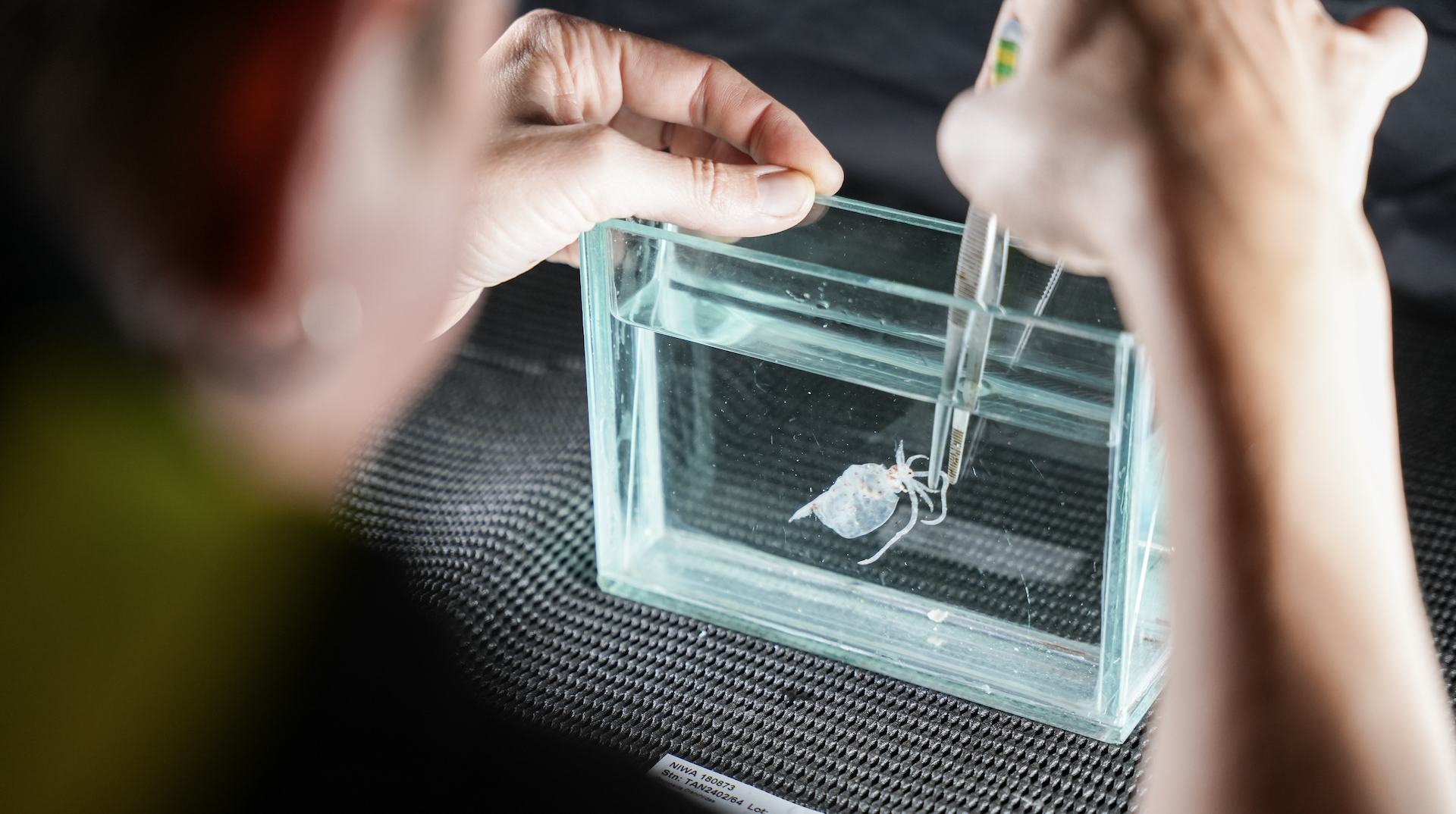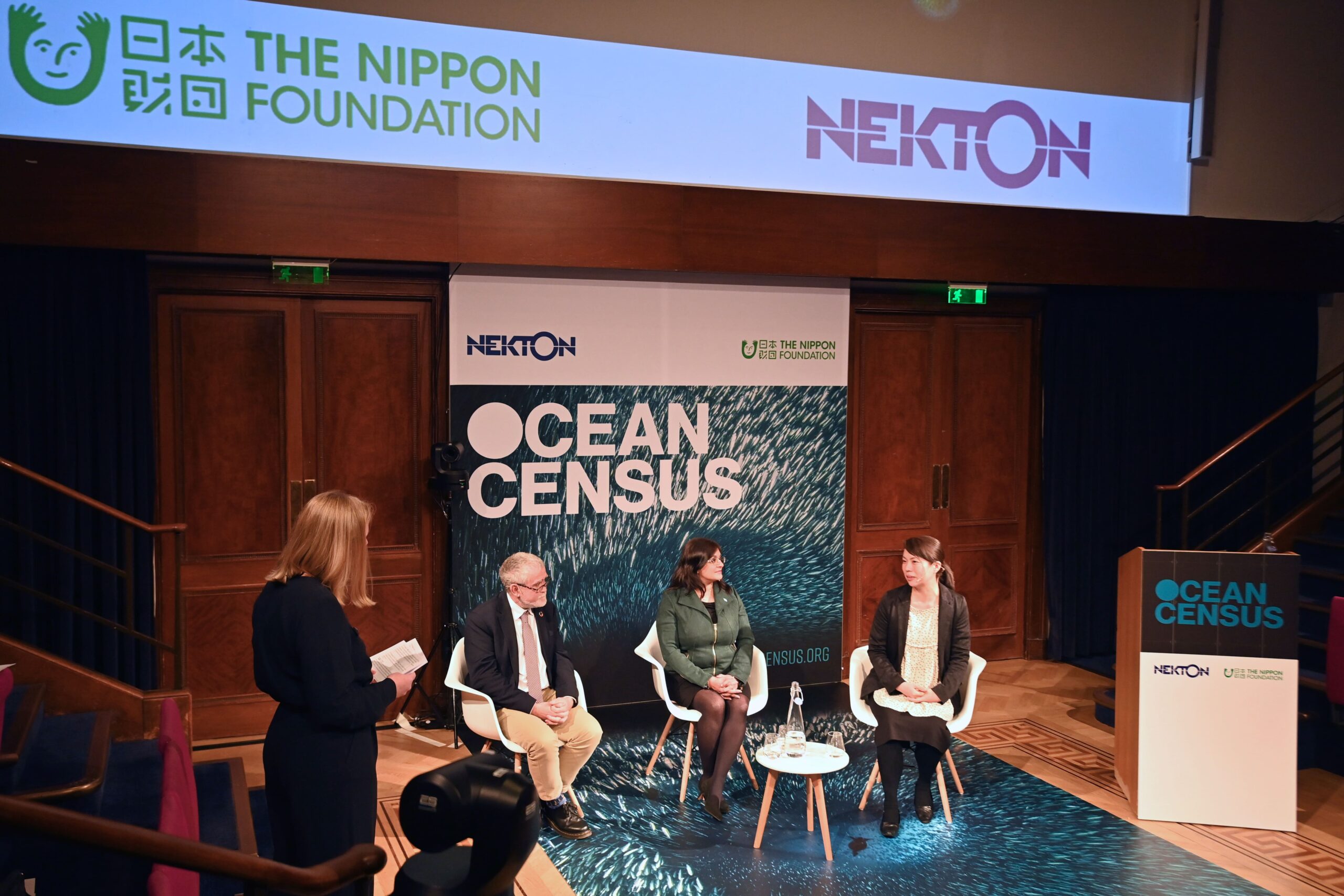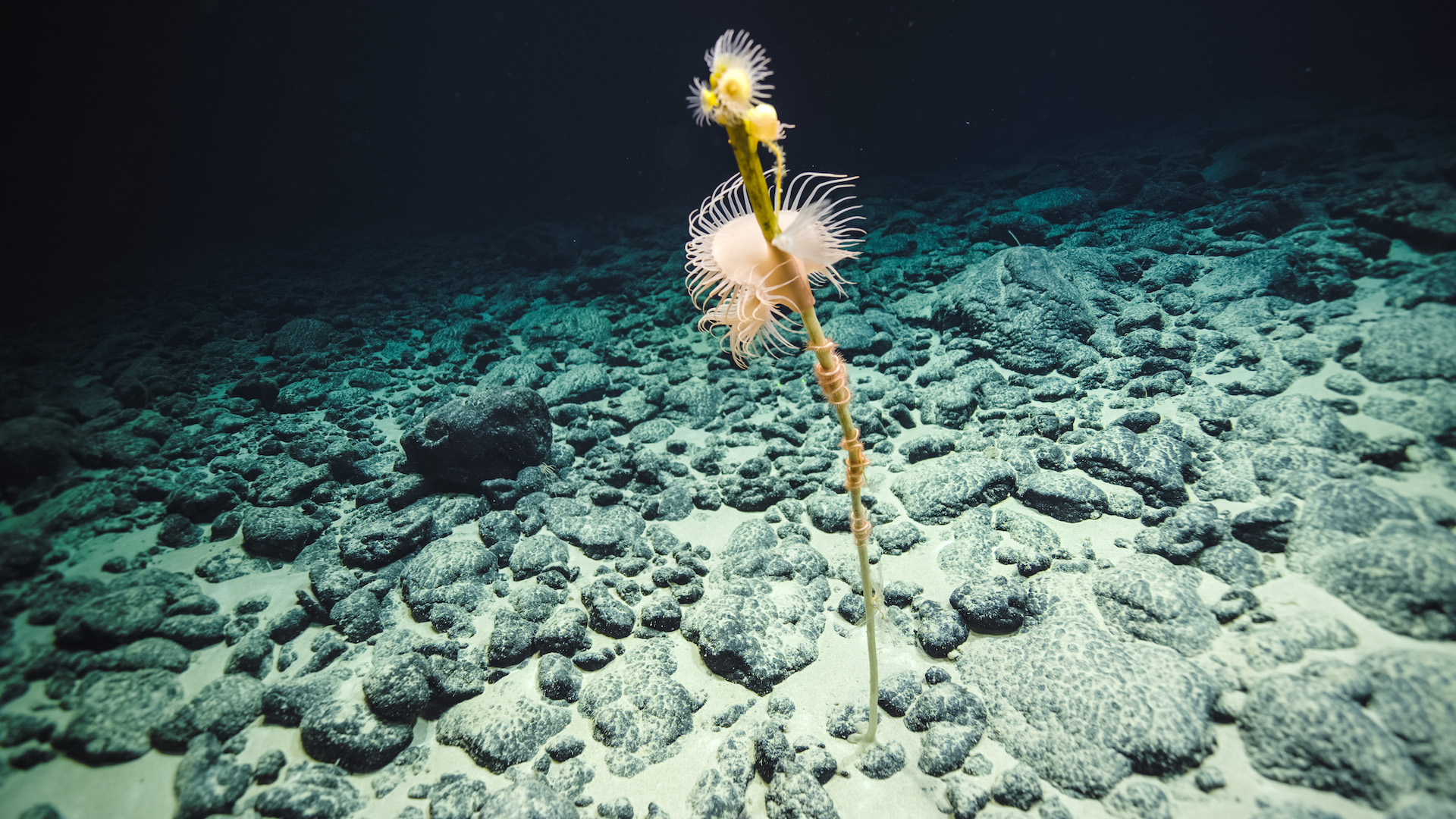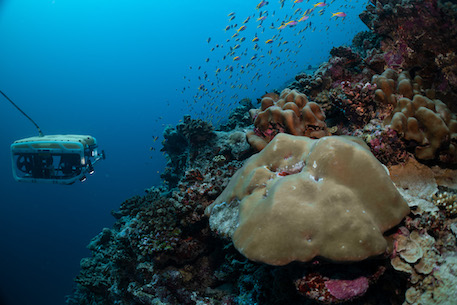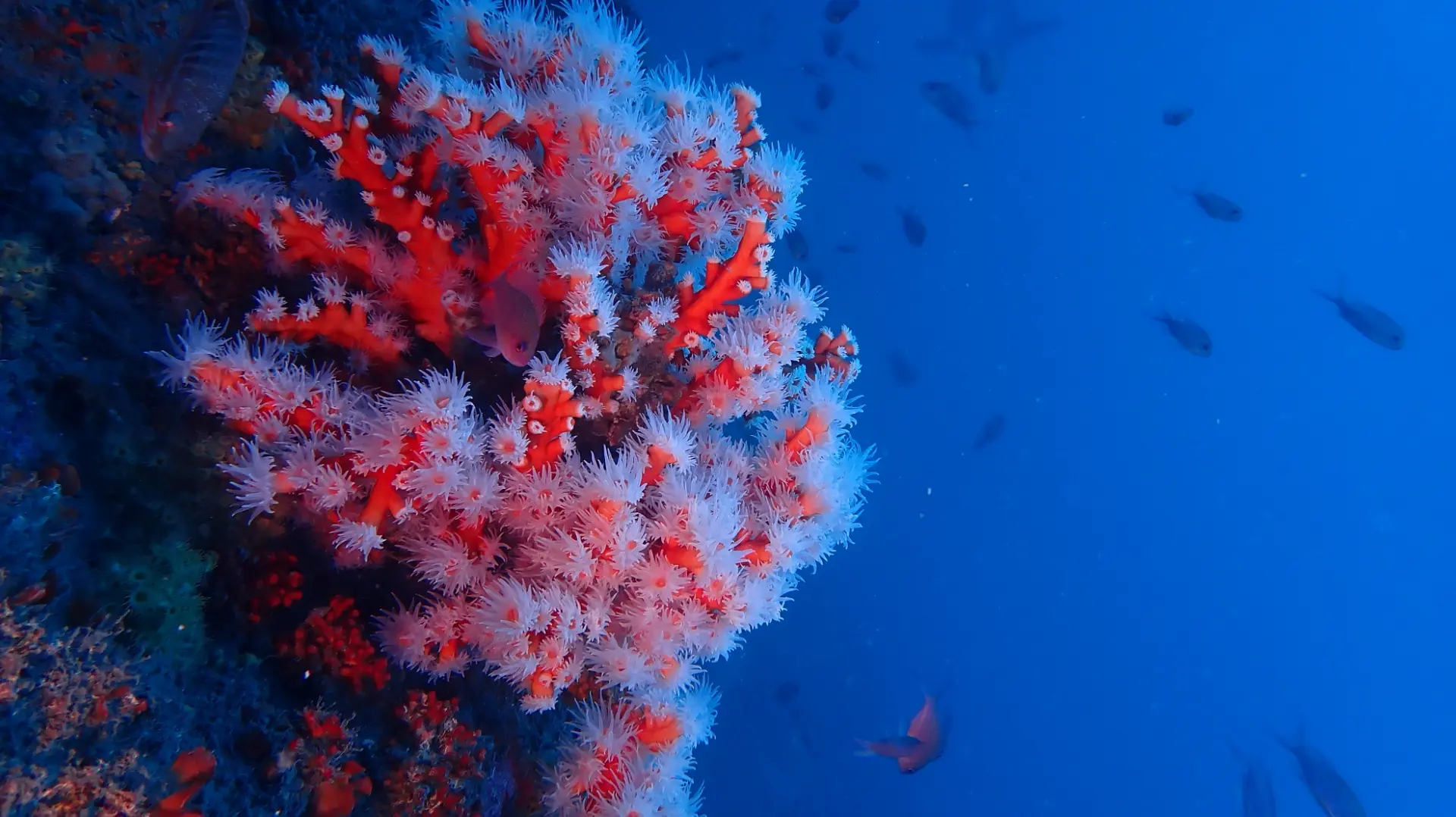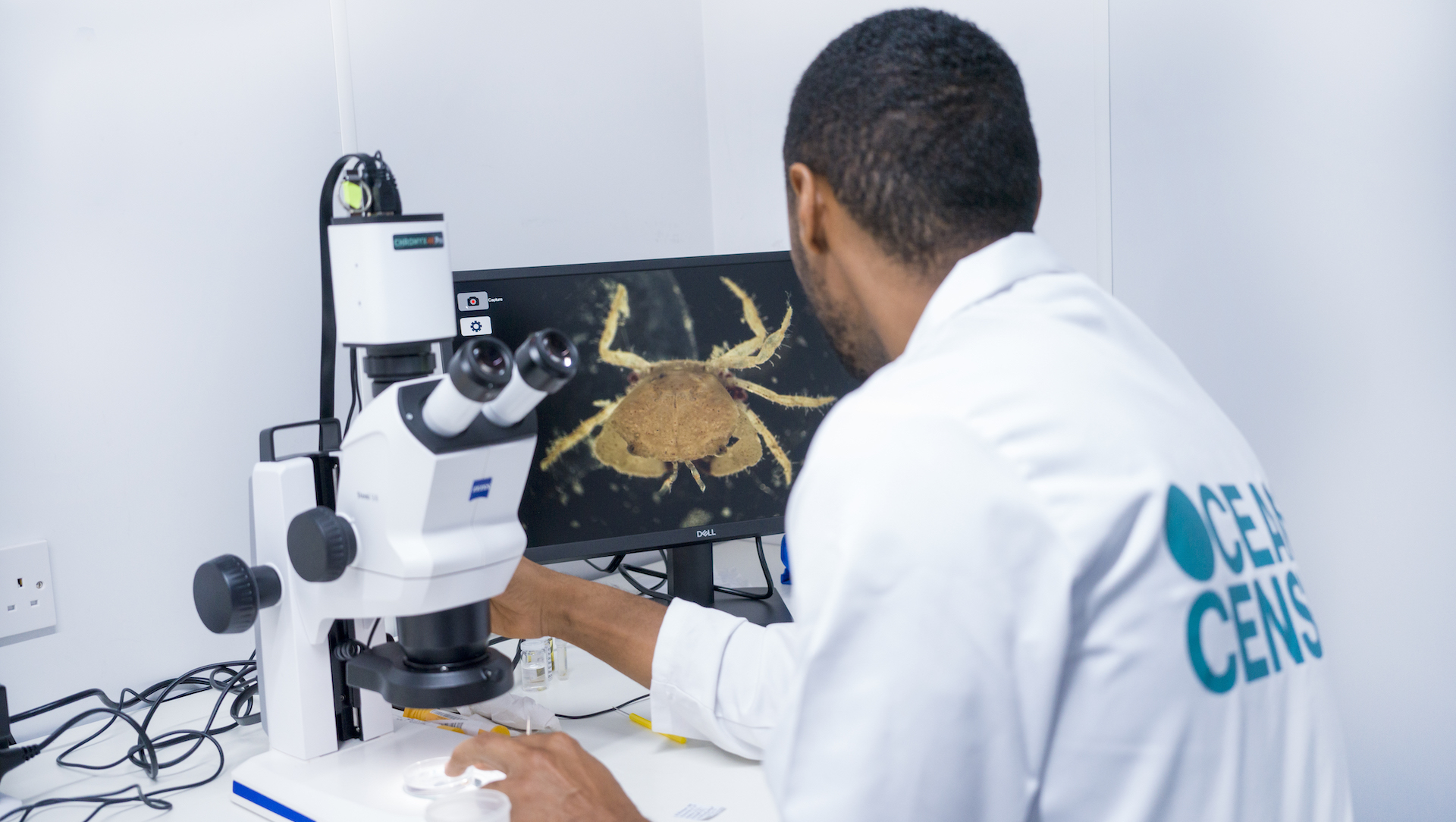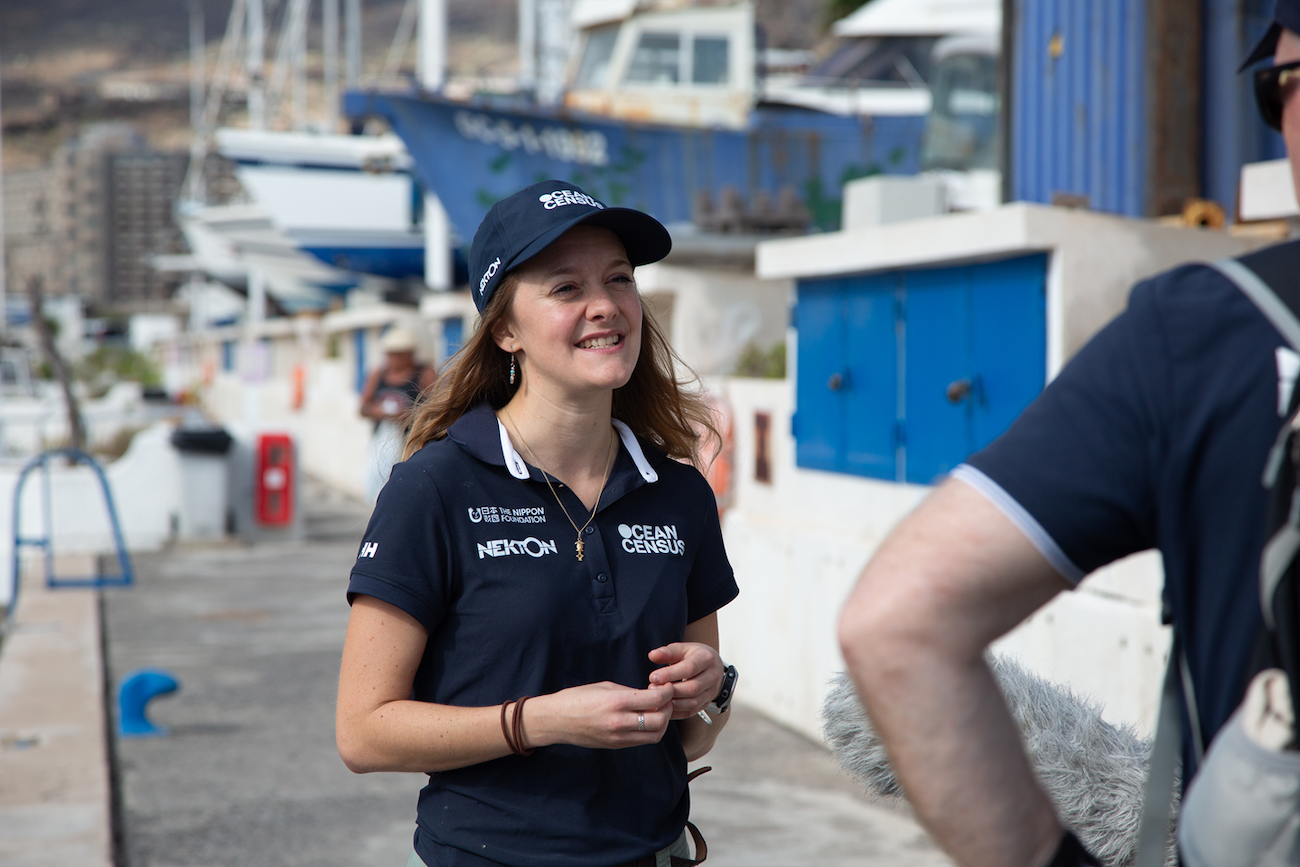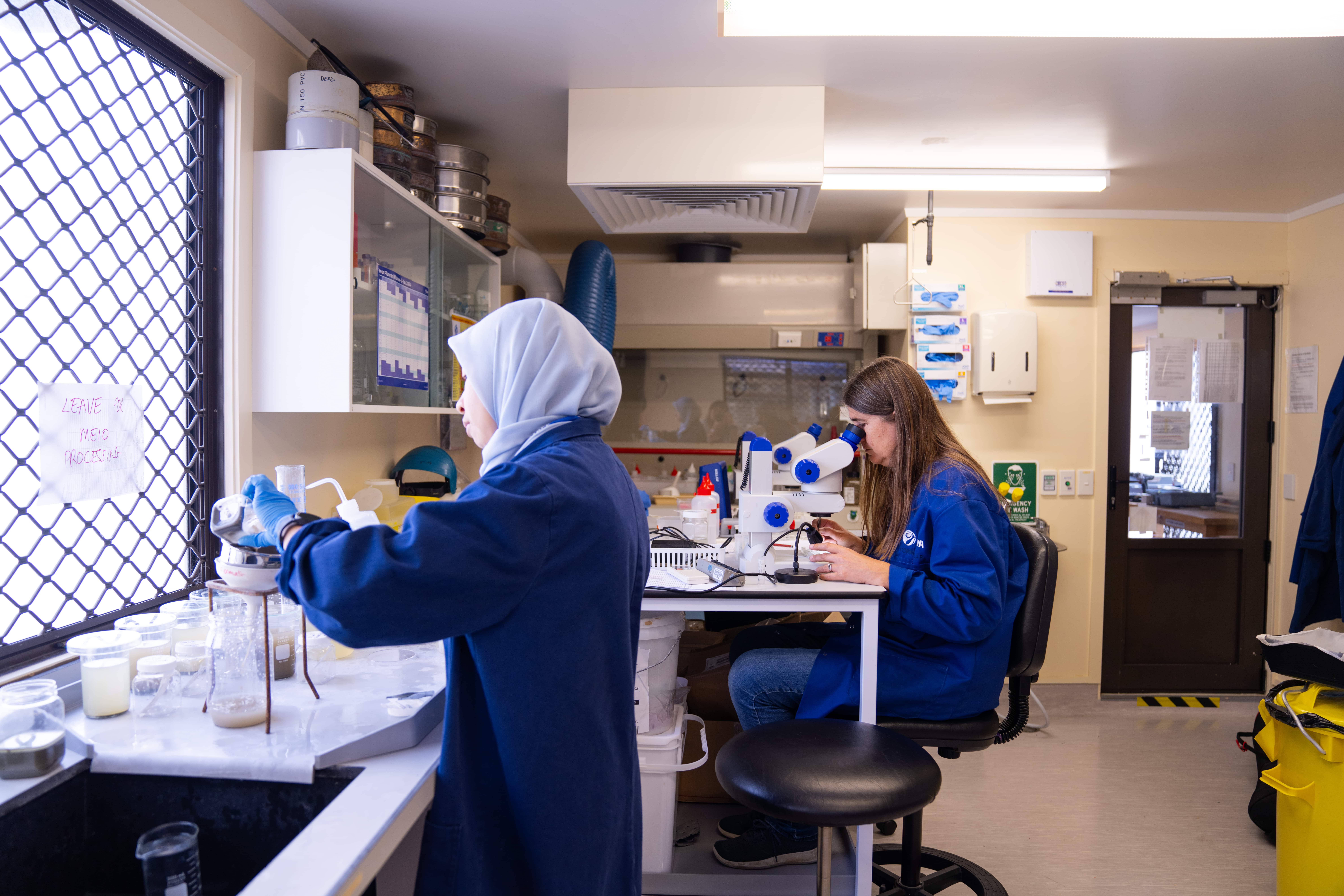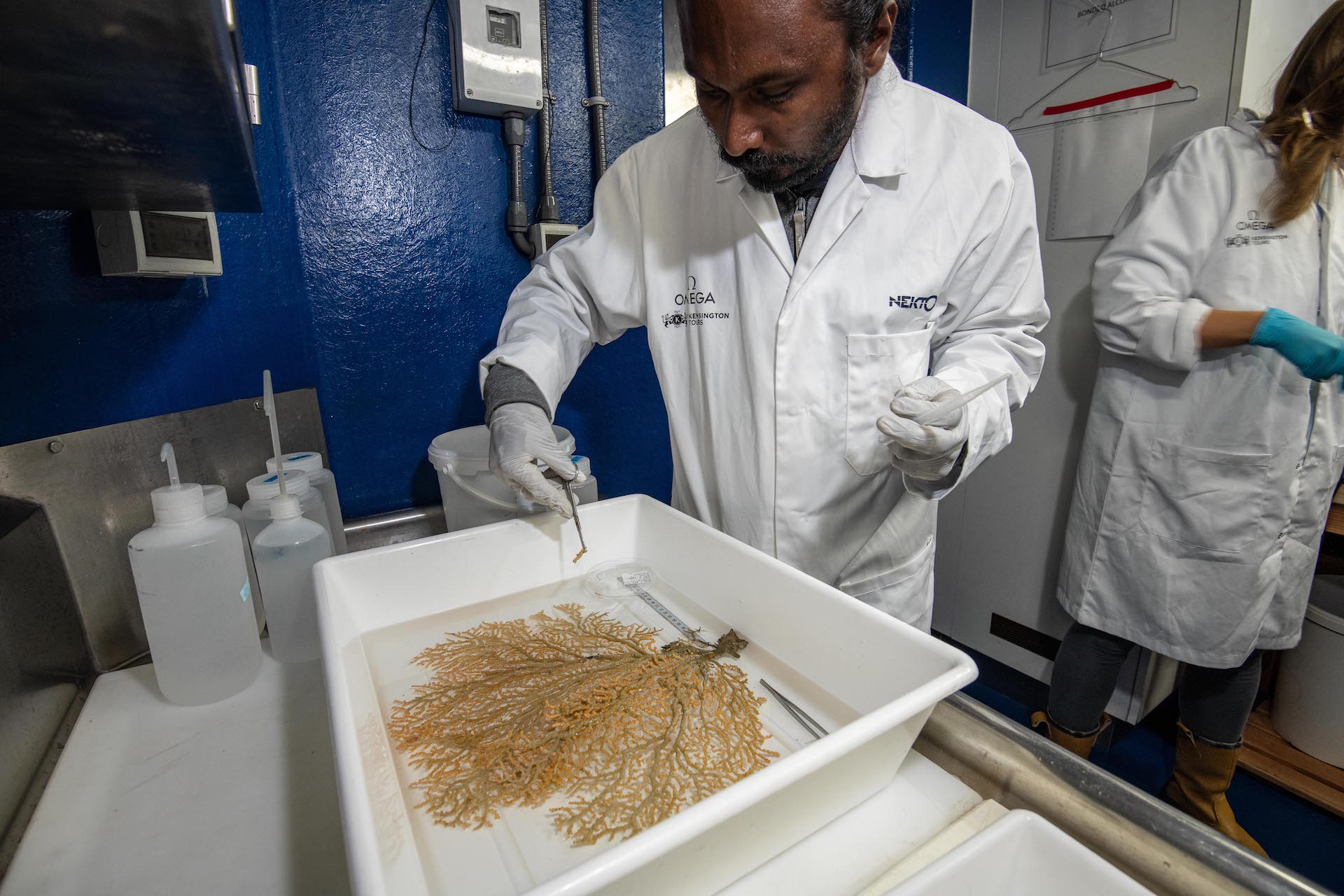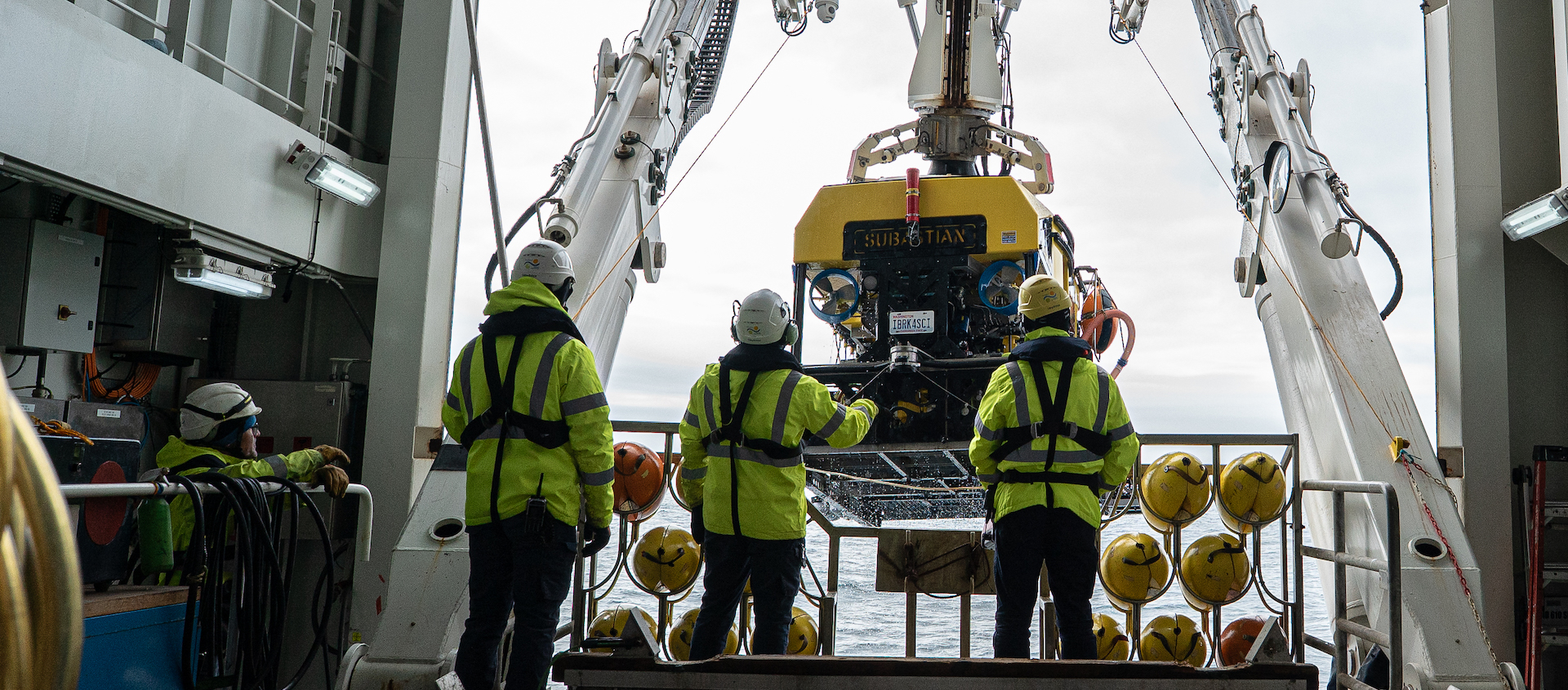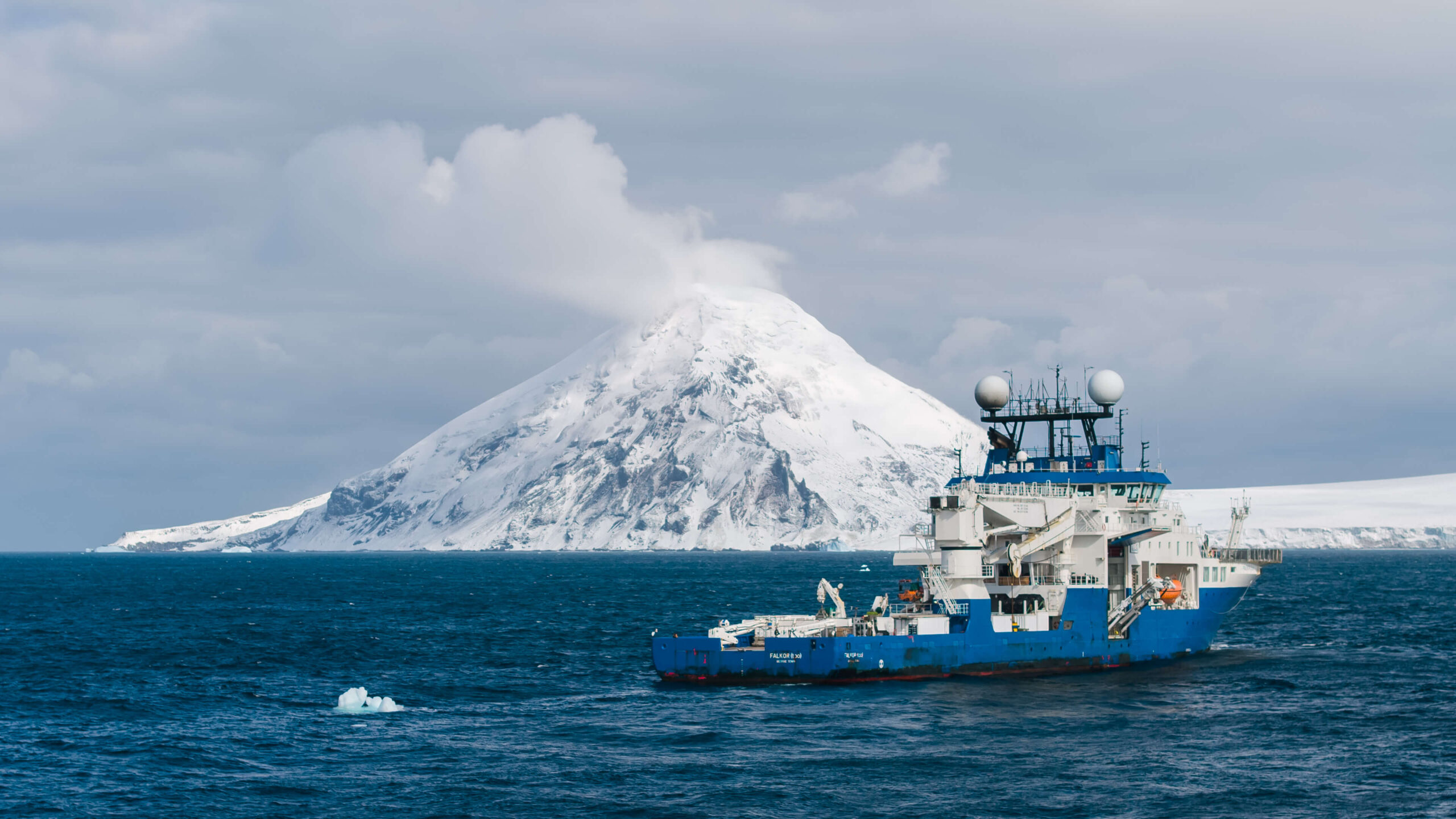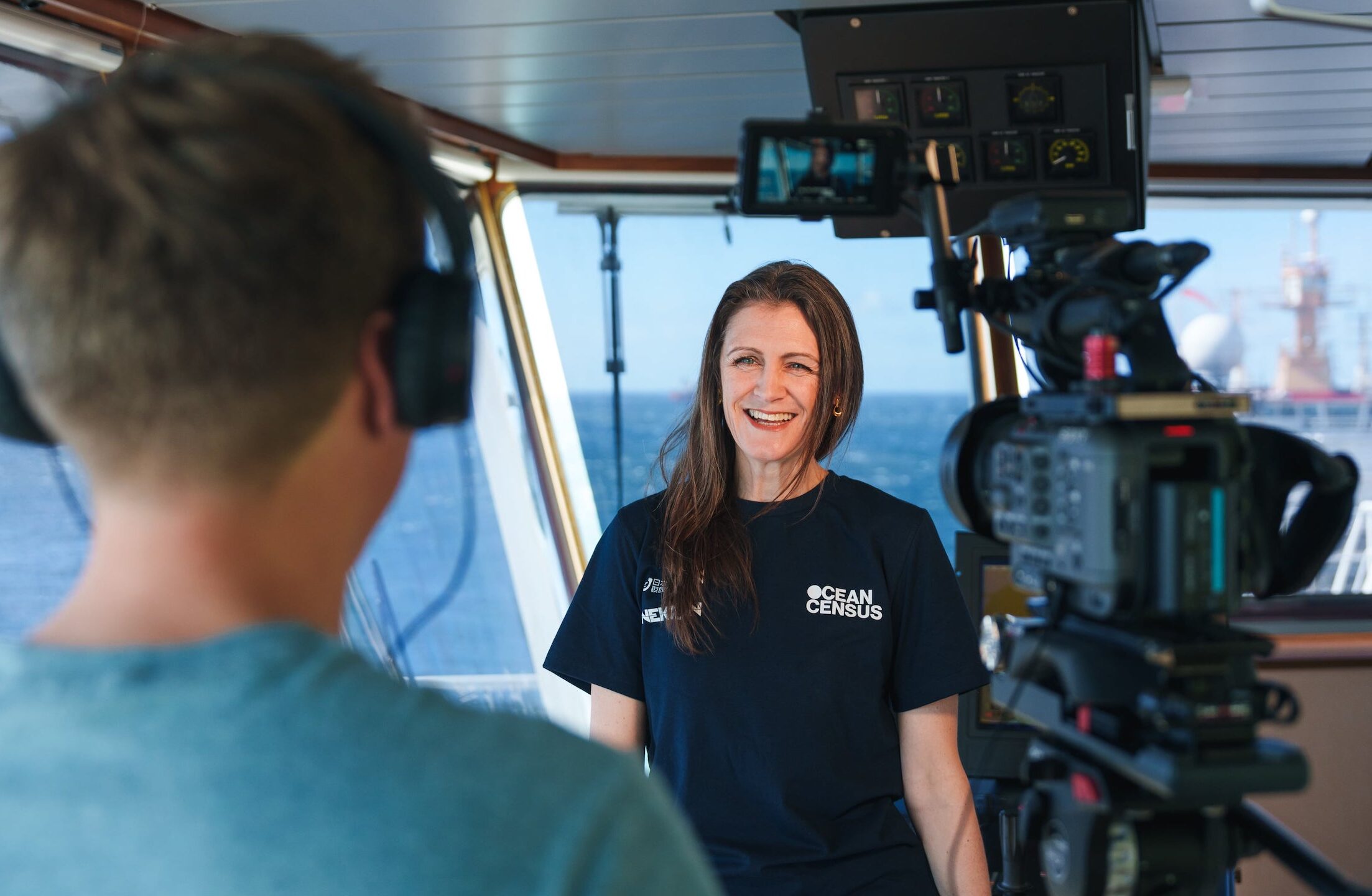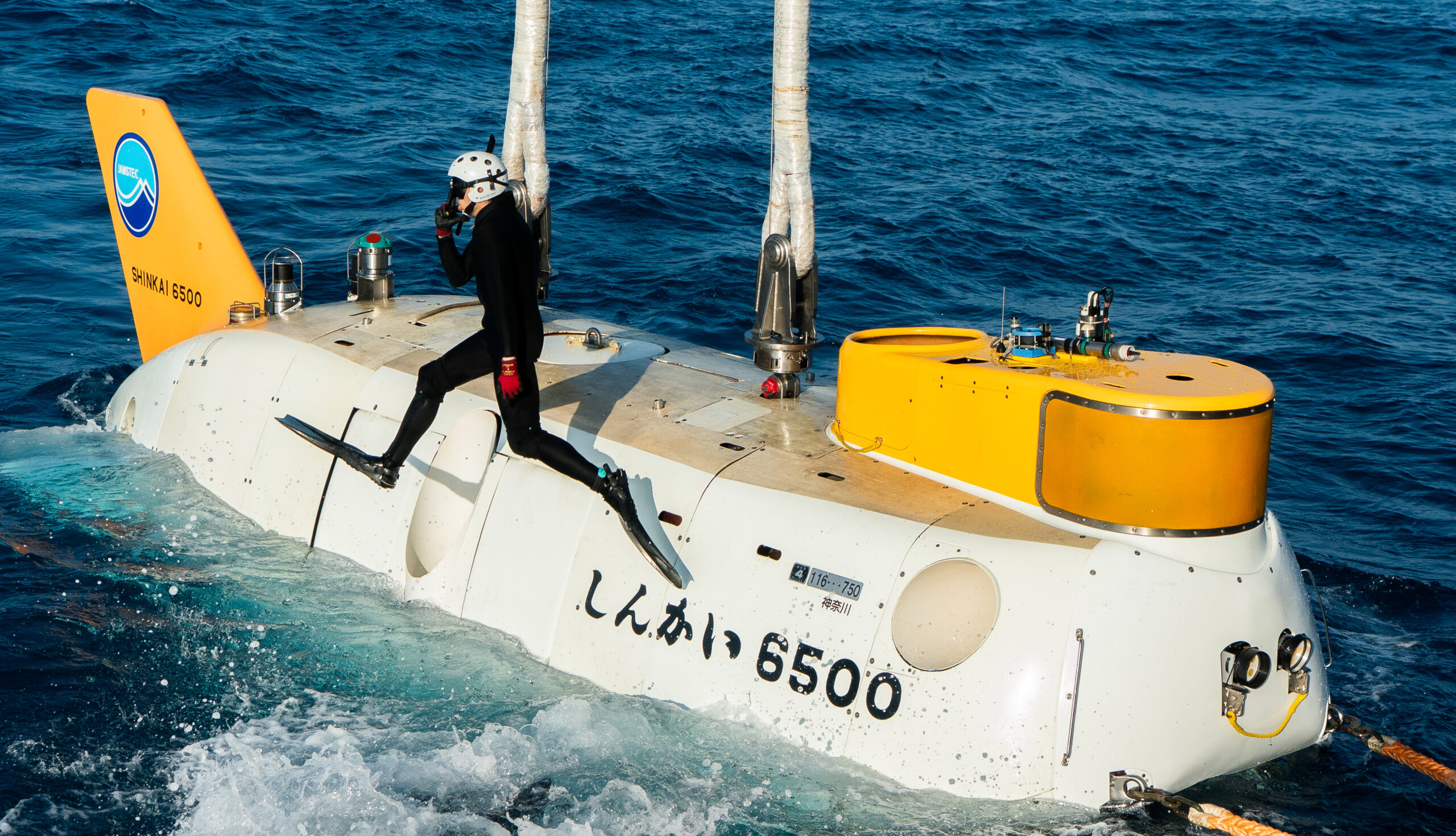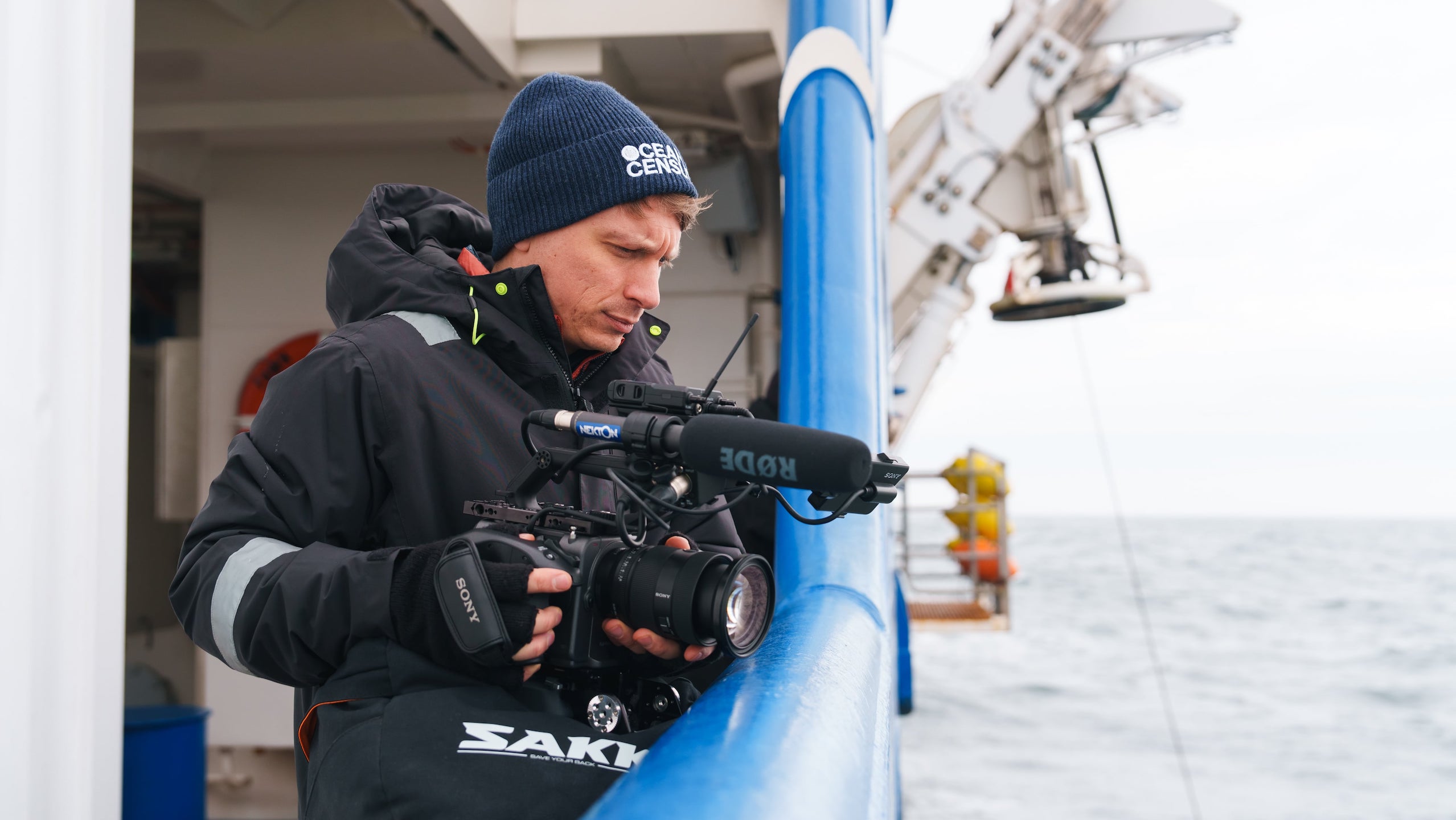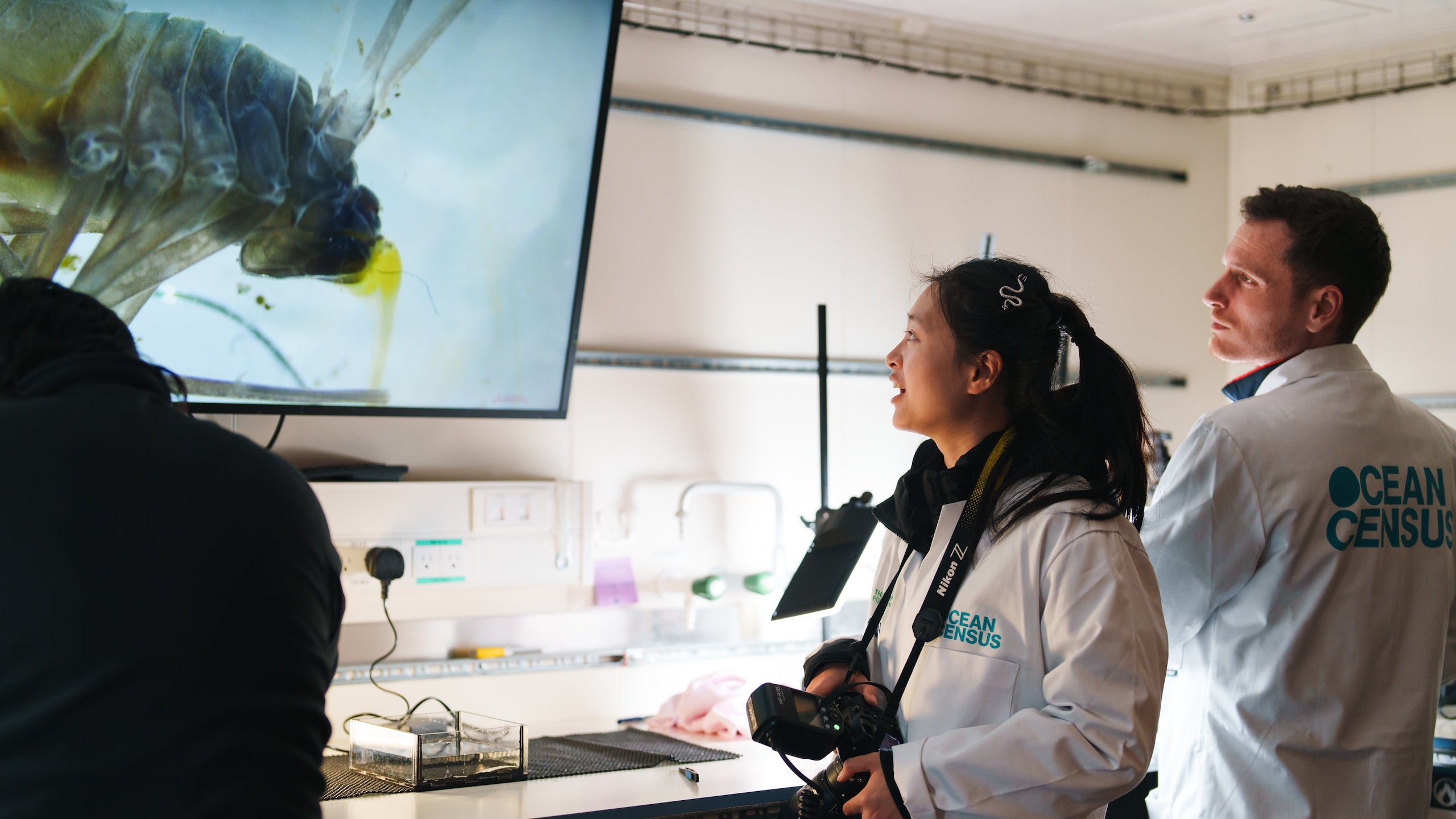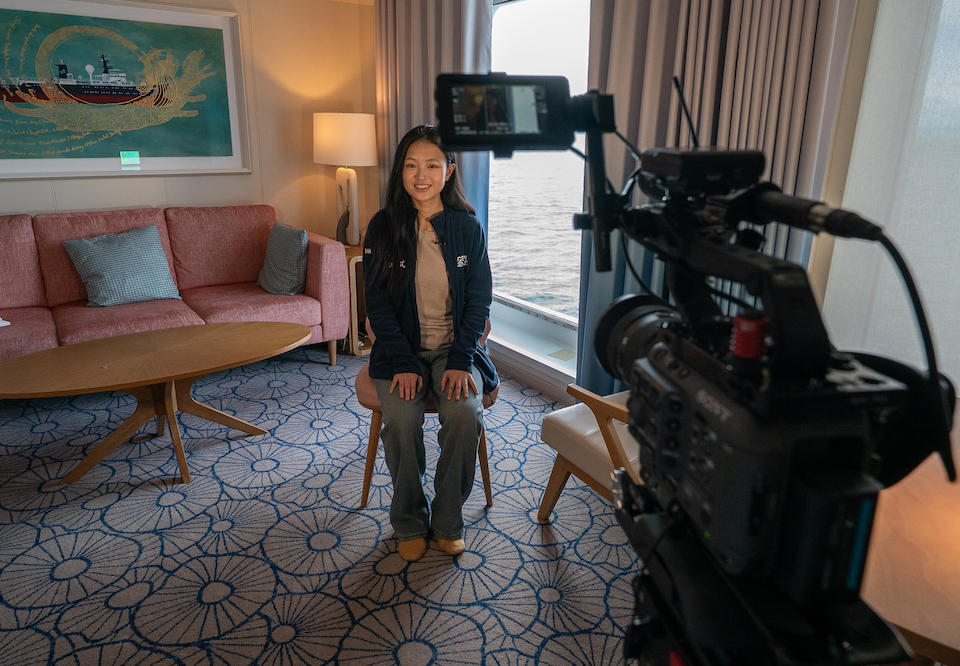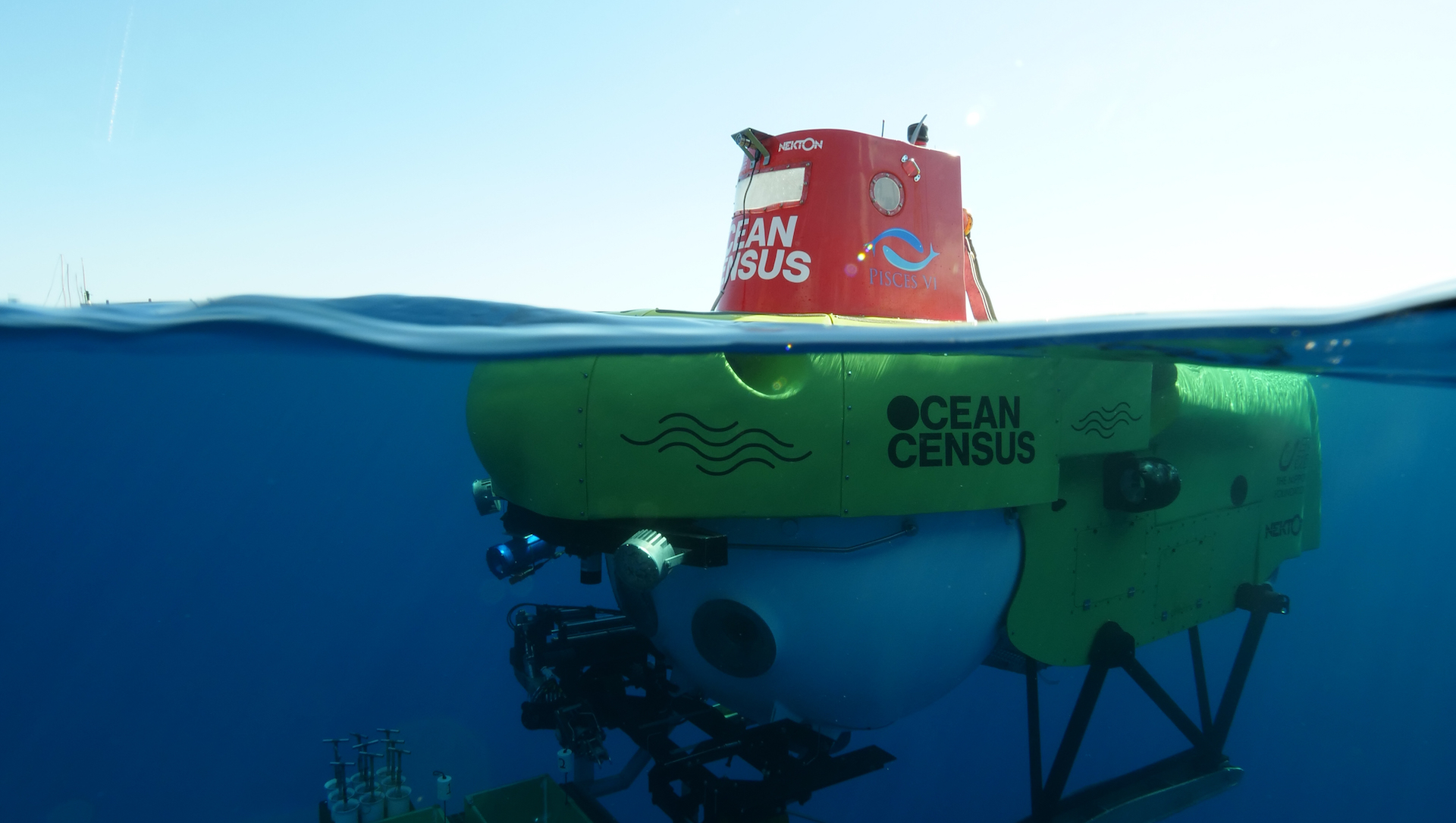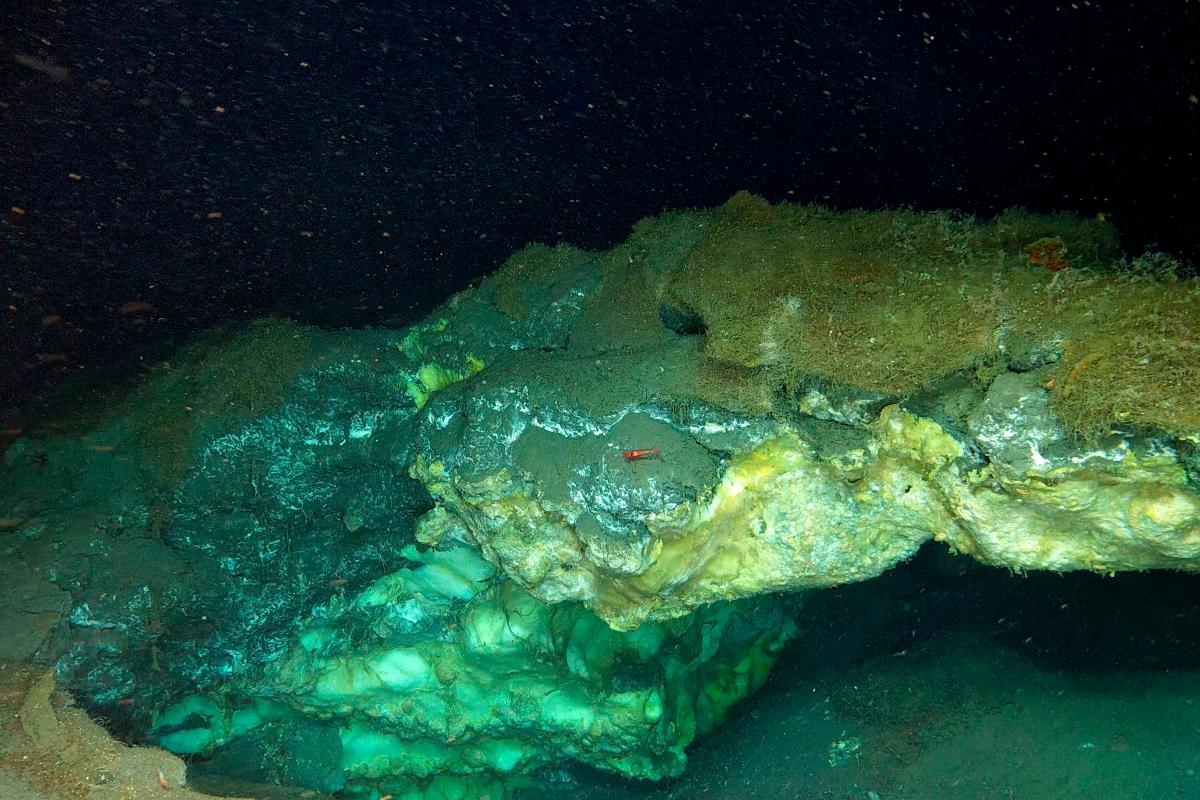
Equity Principles

Ocean Census Equity Principles
1. Ocean Census will be undertaken for the purposes of the discovery of ocean species and providing data for sustainable ecosystem-based ocean management and conservation for the benefit of biodiversity, ecosystems and humankind.
2. Ocean Census, its participants and activities will not discriminate on the grounds of age, disability, gender reassignment, marriage and civil partnership, pregnancy and maternity, race, religion or belief, sex or sexual orientation.
3. Ocean Census will work to level knowledge and develop capacity amongst all coastal states to undertake marine species discovery, biodiversity science and the management of their ocean biodiversity.
4. Ocean Census will be planned so that science is co-produced in full consultation with the relevant government, government departments and institutions of low- and middle-income countries and small-island nations, intergovernmental organisations, academic institutions and civil society including non-governmental organisations and indigenous communities local to the expedition.
5. Ocean Census will operate the FAIR (data are Findable, Accessible, Interoperable and Reusable) and CARE principles (Collective benefit, Authority to Control, Responsibility and Ethics) for production and subsequent use of data related to all aspects of its scientific work whilst respecting the rights of sovereign states in terms of authority and control of data originating from national waters and the species sampled therein.
6. Data collected as part of Ocean Census should be released according to FAIR principles as soon as is practically feasible and usually within 12 months of collection. Exceptionally, data can be released up to 24 months following its collection (e.g. if the data are important to the completion of a Ph.D. thesis). The only exceptions to this are if the release of data would endanger species or contravene the security of states or indigenous people. In line with Provision 4 states and indigenous people have authority and control over data collected in national waters.
7. Ocean Census and its participants will be compliant with international and national laws with respect to conservation, sampling, and transport of samples of species and all biological material associated with them including genetic materials. Examples of international treaties in respect of this provision include the Nagoya Protocol of the Convention on Biological Diversity and the Convention on International Trade in Endangered Species of Wild Fauna and Flora (CITES).
8. Ocean Census and all participants have a duty to ensure that all biological material, especially type material is archived in a secure manner indefinitely which also ensures accessibility of material for future scientific research. It is acknowledged that some types of material may be destroyed during research (e.g. tissue subsamples, DNA) but this should not harm future prospects for scientific research on a species (e.g. samples are held in replicate). It is also recognised that some states may not have the facilities for secure storage of materials in which case an agreement (e.g. a Materials Transfer Agreement or MTA) on loan of material to a suitable institution in another country may be made on the understanding that once facilities are available in the country of origin they are returned.
9. Ocean Census will develop through an open network anchored through the Ocean Census Biodiversity Centres as well as the Ocean Census Virtual Taxonomy Networks (see below). Through these networks, knowledge, training and technology will be shared for furthering the purposes of species discovery and biodiversity monitoring globally.
10. Ocean Census will work to build the value-chain for marine biodiversity globally with an aim to a long-term transformation of ocean biodiversity science and monitoring ensuring a permanent legacy to the programme.
Join the census
The Ocean Census Alliance unites national and philanthropic marine institutes, museums, and universities, backed by governments, philanthropy, business and civil society partners.
